““Imagine walking out of a grocery store with four bags of groceries, dropping one in the parking lot, and just not bothering to pick it up. That’s essentially what we’re doing””
food waste is the most expensive item on your menu
Food waste is so expensive because of the costs associated with: growing, harvesting, manufacturing, ordering, handling, transporting, cooling, storing, and preparing food. That is one long list of steps to let go to waste! The invisible cost of wasted food is significant. With rising food costs and labour shortages reducing food waste can have a significant positive impact on your business or household economics. Additionally it is estimated that approximately 25% of your food waste in Revelstoke is still considered edible. By reducing your food waste and donating your unused edible food you can save money, help the community, and reduce your enviromental impact! Learn more about food waste reduction and food recovery.
Food Waste Reduction
How to prevent food waste in food service and grocery stores:
There are numerous tools to prevent food from going to waste. It may involve trial and error to find what strategy works best for you but in the end it will save you money! It’s suggested that potential savings from reducing food waste at an average restaurant range from 4.5% to 6.5% in sales.
Here are some things you can evaluate:
-
Purchase from reliable sources
Check all deliveries for signs of damaged packaging and compromised quality
-
Provide sufficient space to store products correctly
Provide suitable containers that extend shelf life
Follow best practices for storage (first in - first out, “dirty” unwashed products at the bottom, prevent leakage)
-
Keep food covered
Pay attention to the cooling
Recycle “waste” eg. use chicken carcass and vegetable peels for stock
Find ways to use leftovers or products that are close to expiration
-
Educate Employees so they understand the value of reducing waste
Make Waste Visible so there is awareness of the amount of waste generated
Provide tools to achieve waste reduction standards
Support and lead food waste reduction methods
-
Track what and why items are returned to the kitchen or store
Review portion sizes and garnishes
Remove unpopular items
Learn more!
Visit the resource page to learn about more ways to prevent food waste. There are many templates available including documents for recipe cost calculation, customer forecasting, production planning, waste logging, and more.
Food Recovery
It’s estimated that approximately 25% of the food waste in Revelstoke is still considered edible!
One way to keep eligible items out of the compost bin is to donate them to the food recovery program. The food bank at Community Connections Revelstoke serves about 300 food insecure households monthly. With the increasing cost of food this program is even more important for the community of Revelstoke.
The food banks accepts shelf stable, unopened food as well as vegetables and fruits. Some expired products are also still acceptable (see table here). There are collection and drop off programs in place depending on how regularly food can be recovered. Thanks to the Food Donor Encouragement Act donors cannot be held liable for any injury/damage caused by donated food as long it’s still fit for human consumption. Use the button below to read more details about how and what to donate.
If you have any food that you think can be recovered and donated to the food bank please get in touch with Jenna Thomsen - Community Food Bank Manager: jthomsen@community-connections.ca - (250) 837-2920
Get support!
If you are looking for help to reduce/prevent food waste and implement a food waste composting system please get in touch with our Compost Coordinator compost@revelstokelocalfood.com






